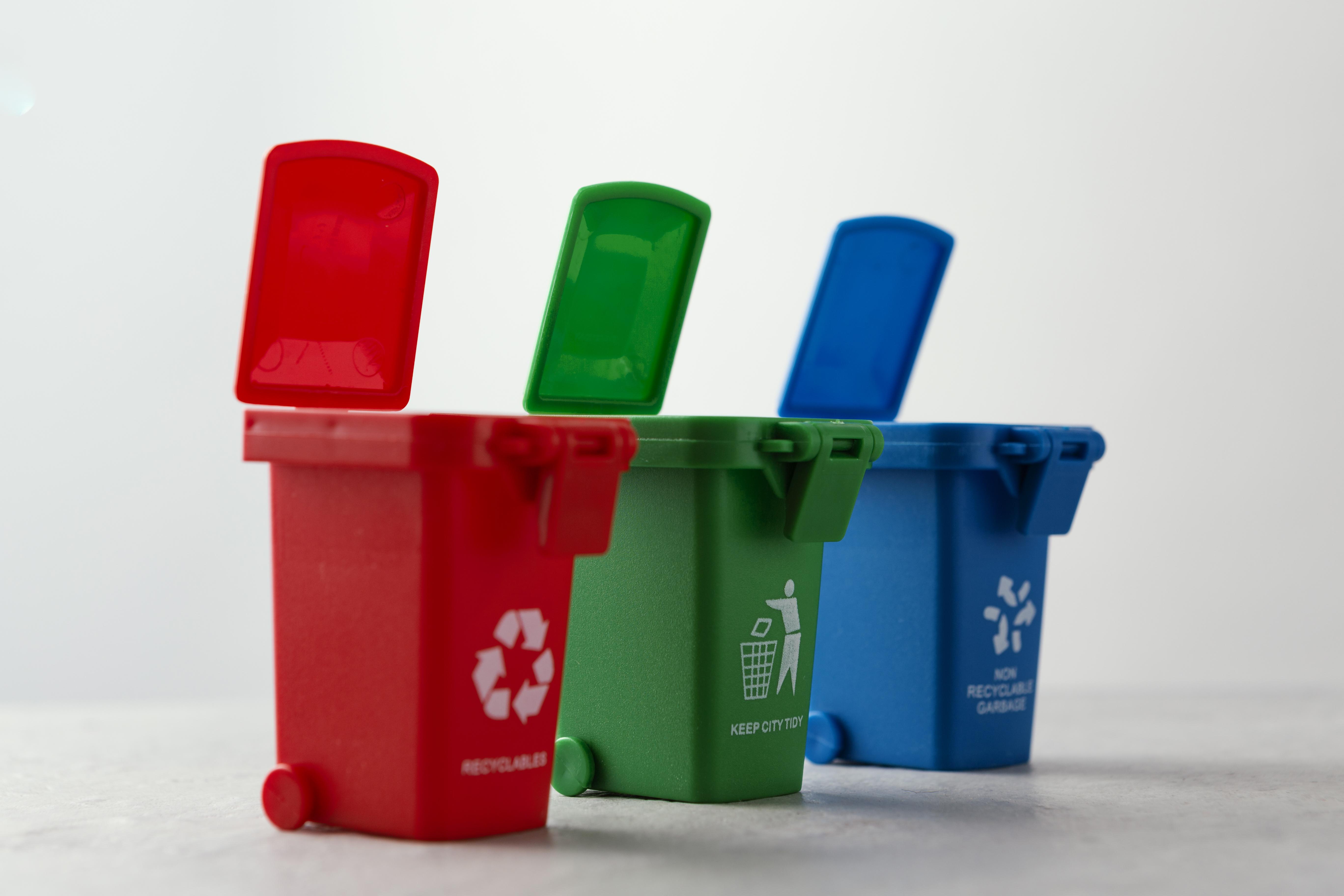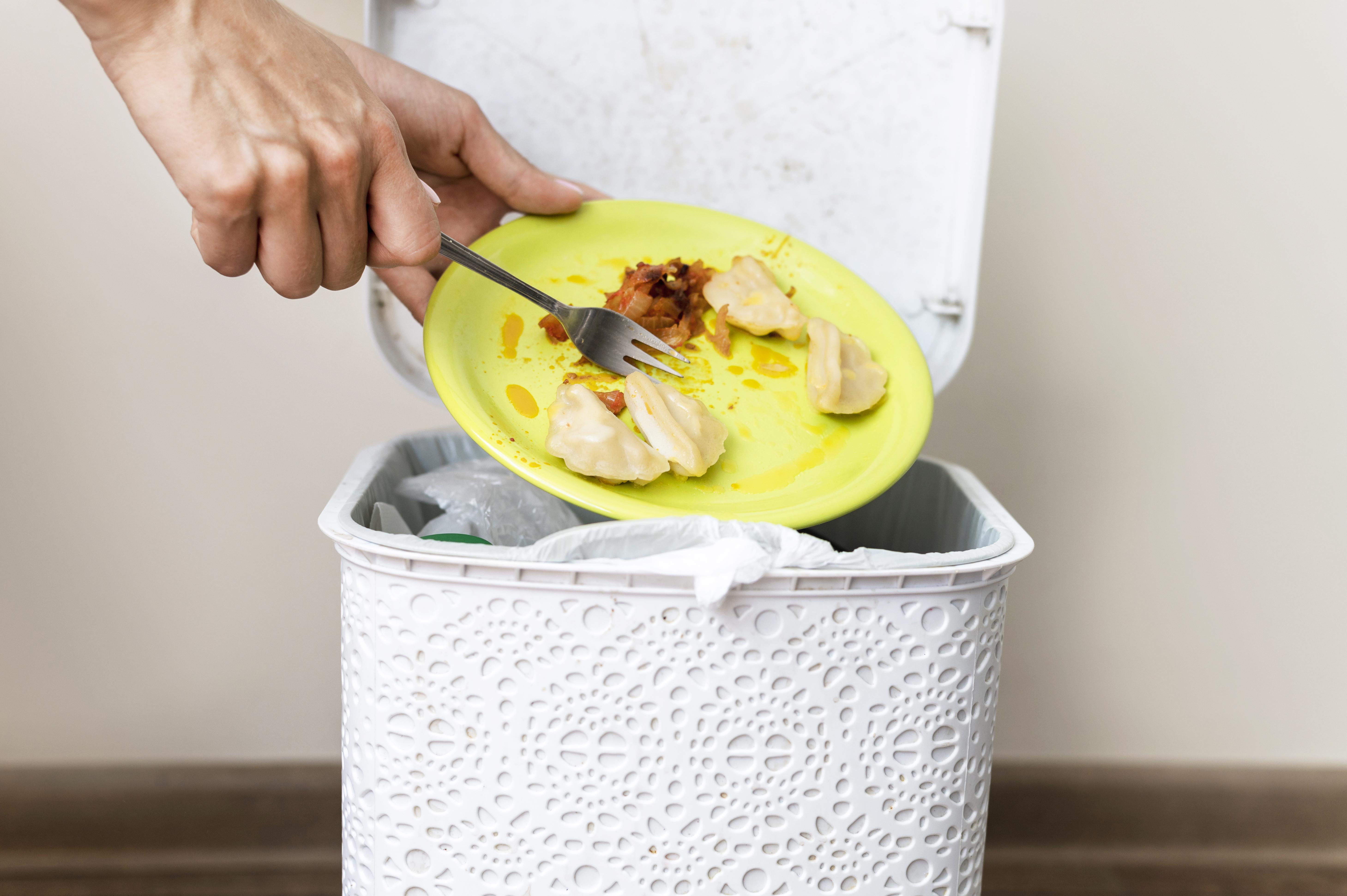Australian Government Food Waste Strategy - Halving Food Waste By 2030
.png)
The Global Situation
The need for change in global food production, management, consumption and disposal patterns is profound. Each year, it is estimated that a staggering one billion tonnes of food produced for human consumption is wasted. This carries serious environmental, financial and social consequences. The wastage equates to eight per cent of the global greenhouse gases produced each year, as well as a cost to the global economy of approximately AUD $1.42 trillion.
Australia’s Situation
In Australia, our food production industry is strong and profitable, however our contribution of food waste to landfill is also significant. According to Clean Up Australia, each year, Australians waste 7.3 million tonnes of food on average, which is the equivalent to 300 kilograms per person. Simultaneously, more than 1 in 5 Australians have reported struggling with food security at some stage.
Food waste can occur anywhere along the supply and consumption chain, from production and manufacturing to retail and household environments, making it a complex issue to tackle. However, work is already well underway to meet the Government’s target of 50% less food waste by 2030. Some of the strategies being implemented by the Federal and State Governments include:
- Investing more than $10 million to support research related to reducing food waste
- The implementation of a Source Separated Organic Waste method under the Government’s Emissions Reduction Fund
- A $1.2 million support package across four Australian food rescue organisations to be invested in energy-efficient refrigeration systems to better store and transport food
- Community education programs
- Research programs
- Data collection and trials
- Support packages
Our environment stands to gain the most substantial benefits from halving our food waste. Reducing food waste and adopting more sustainable disposal methods will drastically reduce our Nation’s contribution to landfill. In turn, the significant quantities of methane, carbon dioxide and other harmful greenhouse gases that are produced when waste decomposes anaerobically will also be avoided.
Aside from the primary environmental benefits, such a significant reduction in Australia’s food waste production will have a number of other positive impacts:
- The economy will improve with more employment opportunities through the development of new products and services.
- Households and businesses can enjoy significant savings with lower food bills, waste management and disposal costs and gains through increased efficiency.
- Better food redistribution will improve food security.
- A more profitable food industry will be created by converting more food into a saleable product.
In order to meet the government’s goal to halve all food waste by 2030, all Australians will have to collaborate to make meaningful change.
What Role Does enrich360® Play?
At enrich360®, we are proud to help drive meaningful change in Australia’s food waste landscape. Our range of advanced food dehydrators provide a food waste solution that is cost effective, low-maintenance and critically, prevents the emission of greenhouse gases. Currently, enrich360® is already involved in a number of trial programs across the country and we hope to be part of more!
To learn more, contact our friendly team today:
Ken Grimmond
📞 0499360360
✉️ ken@enrich360.com.au




